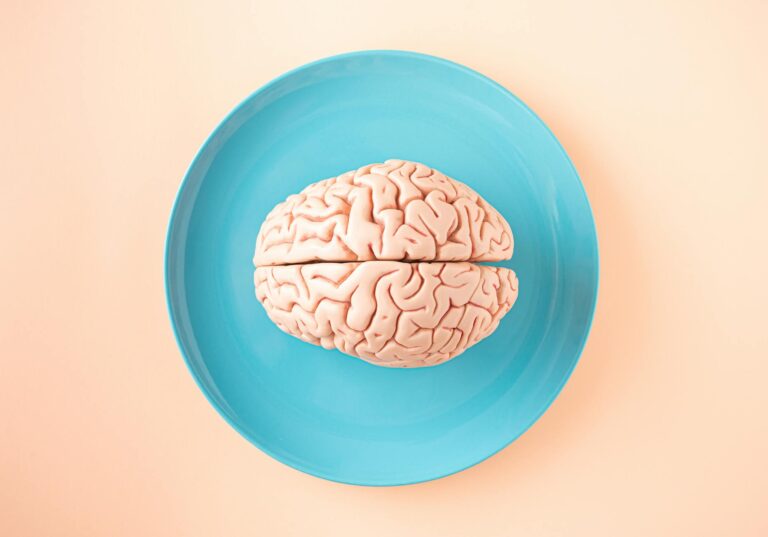Music is a powerful form of therapy that has been used for centuries to help improve mental and emotional well-being. In recent years, it has also gained recognition as a valuable tool in treating symptoms of dementia. With the rise in data breaches and privacy concerns, the role of music therapy in treating dementia symptoms has become even more crucial.
Dementia is a progressive neurological disorder that affects millions of people worldwide. It is characterized by a decline in cognitive function, including memory loss, communication difficulties, and changes in behavior. While there is no cure for dementia, various treatments can help manage its symptoms and improve quality of life for both patients and their caregivers.
One such treatment is music therapy, which involves the use of music as a therapeutic tool to address physical, emotional, cognitive, and social needs. Research has shown that music can stimulate different areas of the brain, including those responsible for memory and emotion, making it an effective therapy for individuals with dementia.
One of the primary symptoms of dementia is memory loss, which can cause frustration and confusion in patients. Music, however, has the ability to evoke memories and emotions, even in individuals with advanced dementia. This is because music is closely linked to our memories and can activate neural pathways associated with past experiences. As a result, music therapy can help patients recall memories, reducing feelings of disorientation and improving overall mood.
Furthermore, music therapy can also be used to address communication difficulties in patients with dementia. As the disease progresses, individuals may struggle to express themselves verbally. However, they may still respond to music by singing along or tapping their feet. This form of non-verbal communication can help patients express themselves and connect with others, improving their social interactions and reducing feelings of isolation.
Apart from memory loss and communication difficulties, behavioral changes such as aggression, agitation, and depression are also common in individuals with dementia. Music therapy has been found to have a calming effect on these behaviors, reducing the need for medication. In a study conducted by the University of Wisconsin-Milwaukee, it was found that regular music therapy sessions led to a significant reduction in agitation and depression in dementia patients.
Aside from the direct benefits to patients, music therapy can also have a positive impact on caregivers. Caring for a loved one with dementia can be emotionally and physically draining, leading to burnout and stress. Music therapy can serve as a form of respite for caregivers, providing a relaxing and enjoyable activity to do with their loved ones. It can also improve the quality of their relationship by creating moments of joy and connection.
With the rise in data breaches and privacy concerns, the use of technology in music therapy has become a point of concern. Many music therapy providers use electronic devices to access patient information and track progress. However, these devices can also increase the risk of data breaches, compromising patient privacy. Therefore, it is crucial for music therapy providers to prioritize data security and ensure compliance with privacy regulations.
In conclusion, music therapy has proven to be an effective treatment for managing symptoms of dementia. It not only helps patients by stimulating memories, improving communication, and reducing behavioral changes but also has a positive impact on caregivers. As technology continues to play a significant role in healthcare, it is essential to prioritize data security in music therapy to protect patient privacy and trust. By integrating music therapy into dementia care plans and ensuring data security, we can improve the overall well-being of individuals living with this debilitating disease.





